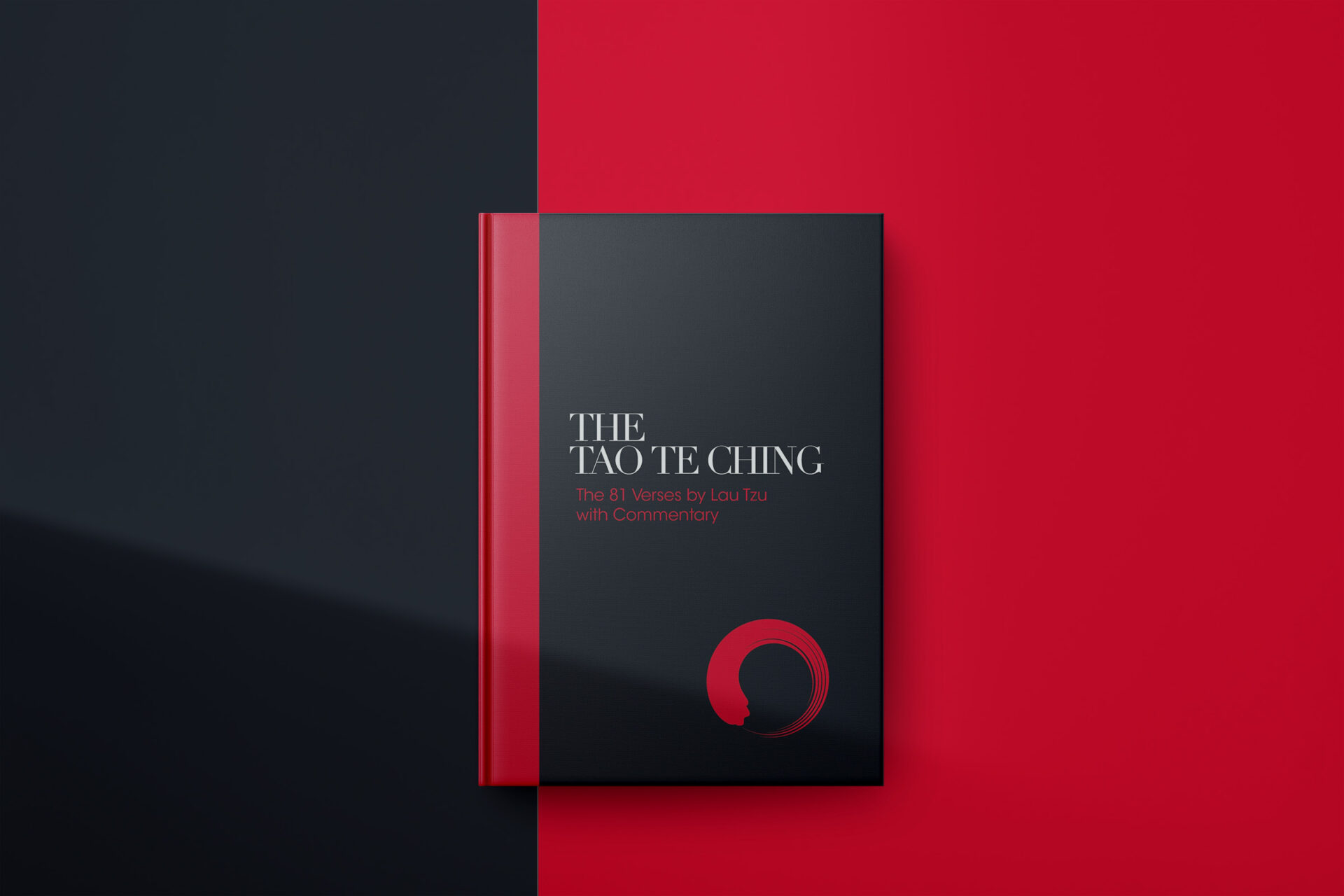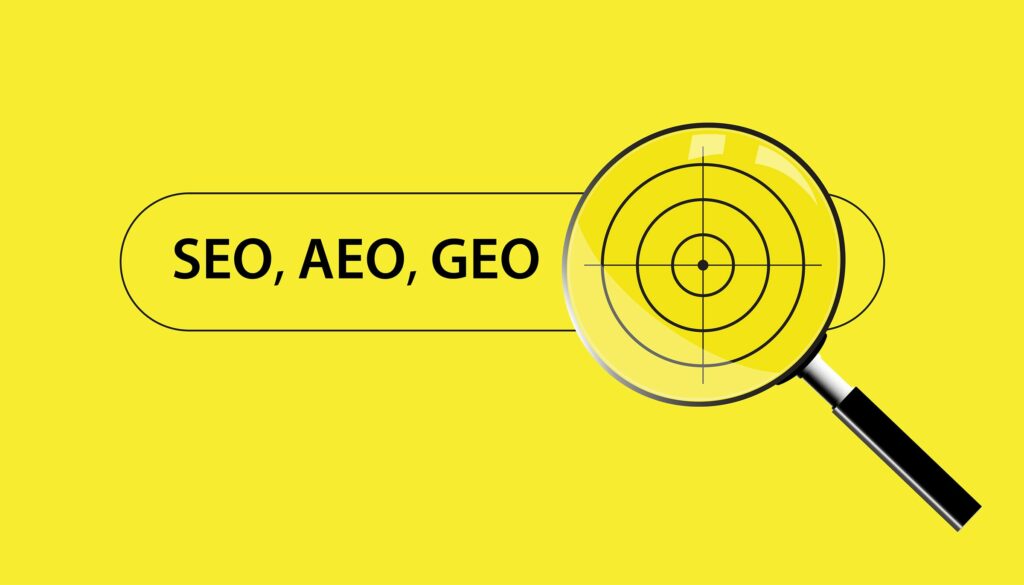Reflecting on my 78 book reviews, I have been thinking about what makes a book in the field of its subject matter to warrant one of my GoodReads five or four stars. I generally favour books that are actionable in that they offer insights or tools that can be adopted into practice in my business. I also appreciate a book that is clearly structured and gets to the point plainly without too many anecdotes or the need for cherry-picked anecdotes to support a thesis. Lastly, I appreciate books that look at the fundamentals of performance, psychology, and behaviour, which stand the test of time and are applicable today as they were when they were written. Very few can lay claim to appealing to these preferences and over a period of 2000 years, like Tao Te Ching by Lao Tzu. It sits with The Art of War, A Book of Five Rings, and Meditations as ancient texts that are still fuelling performance psychology and business leadership today.
I have this on audiobook, and it is quite short. It can serve as a sort of refuge with its profound collection of 81 verses that explore the nature of reality, the way of life, and the art of leadership. By refuge, I mean that it offers a concept that can ground us when we find ourselves knocked askew by the fast-paced and volatile business world we experience, never before, more so than today. As we face unprecedented challenges and disruptions brought about by technological advancements, social and environmental crises, and shifting consumer behaviours, the Tao Te Ching offers a timeless framework for adaptive and responsible leadership.
The book is based on the concept of the Tao. The Tao represents the ultimate source of the essence of things that cannot be easily described in words. But it is also a path, and it is useful to refer to it as the way or order. It gets more esoteric than that when you look into it, but by aligning yourself with the Tao and embracing principles of simplicity, humility, and non-action (wu wei), you can achieve harmony, success, and fulfilment in personal and business life.
Learnings for Business
Embracing the Flow of Tao
The Tao Te Ching emphasises the importance of flowing with the natural order like a river navigating its course. In business, this can be applied to understanding your market, adapting to changing customer needs and embracing innovation. Instead of fighting against the tide, a successful leader goes with the flow, riding along with it, adapting to changes of direction and creating a sustainable and adaptable organisation.
Simplicity & Focus
One key lesson from the Tao Te Ching is the importance of simplicity and focus. In an age of information overload and constant distractions, businesses that can streamline their operations, products, and messaging are more likely to succeed. As Lao Tzu states, “Simplicity, patience, compassion. These three are your greatest treasures.” (Verse 67) By prioritising what truly matters and eliminating unnecessary complexities, businesses can create value and build lasting relationships with their customers.
Humility & Service
The Tao Te Ching emphasises that great leaders are those who put the needs of others before their own and lead by example. “The best leaders are those the people hardly know exist. The next best is a leader who is loved and praised. Next comes the one who is feared. The worst one is the leader that is despised.” (Verse 17) In the digital age, where transparency and authenticity are highly valued, businesses that demonstrate genuine care for their stakeholders and contribute positively to society are more likely to earn trust and loyalty.
“A leader is best when people barely know he exists, when his work is done, his aim fulfilled, they will say: we did it ourselves.”
Lao Tzu’s teachings on leadership are very relevant to modern business. He advocates for a leadership style that is selfless and empowering of others, encouraging autonomy. Effective leaders should focus on enabling their teams to take ownership of projects, encouraging innovation and creativity.
The Power of Non-action (Wu Wei)
This does not mean passivity but more so acting in harmony with the natural flow of things. “The Tao does nothing, yet nothing is left undone.” (Verse 37) In business, this means being responsive and adaptive to change, leveraging emerging opportunities, and avoiding forceful or aggressive tactics. It encourages leaders to guide with subtle influence rather than brute force. This principle advocates for leadership styles that prioritise empowering employees, fostering collaboration, and leading by example. Instead of micromanaging, a Wu Wei leader creates a supportive environment where employees can thrive and contribute their best.
The Tao Te Ching is a timeless masterpiece that offers profound wisdom for businesses navigating the challenges and opportunities of the digital age. By embracing its principles of simplicity, humility, and non-action, businesses can create value, build resilience, and contribute to a more harmonious and prosperous world.




